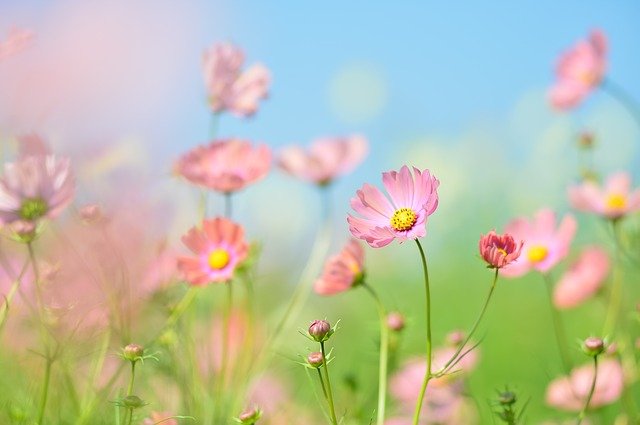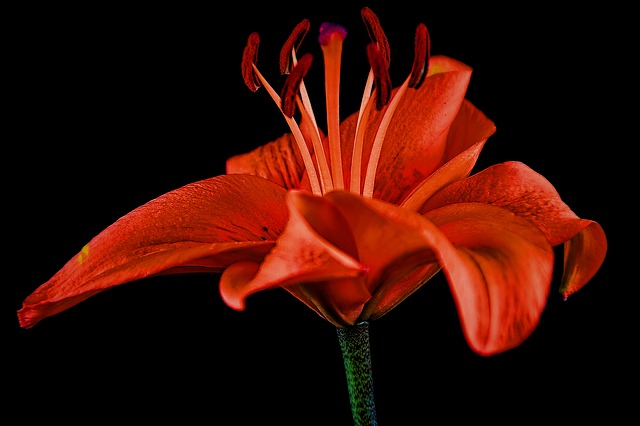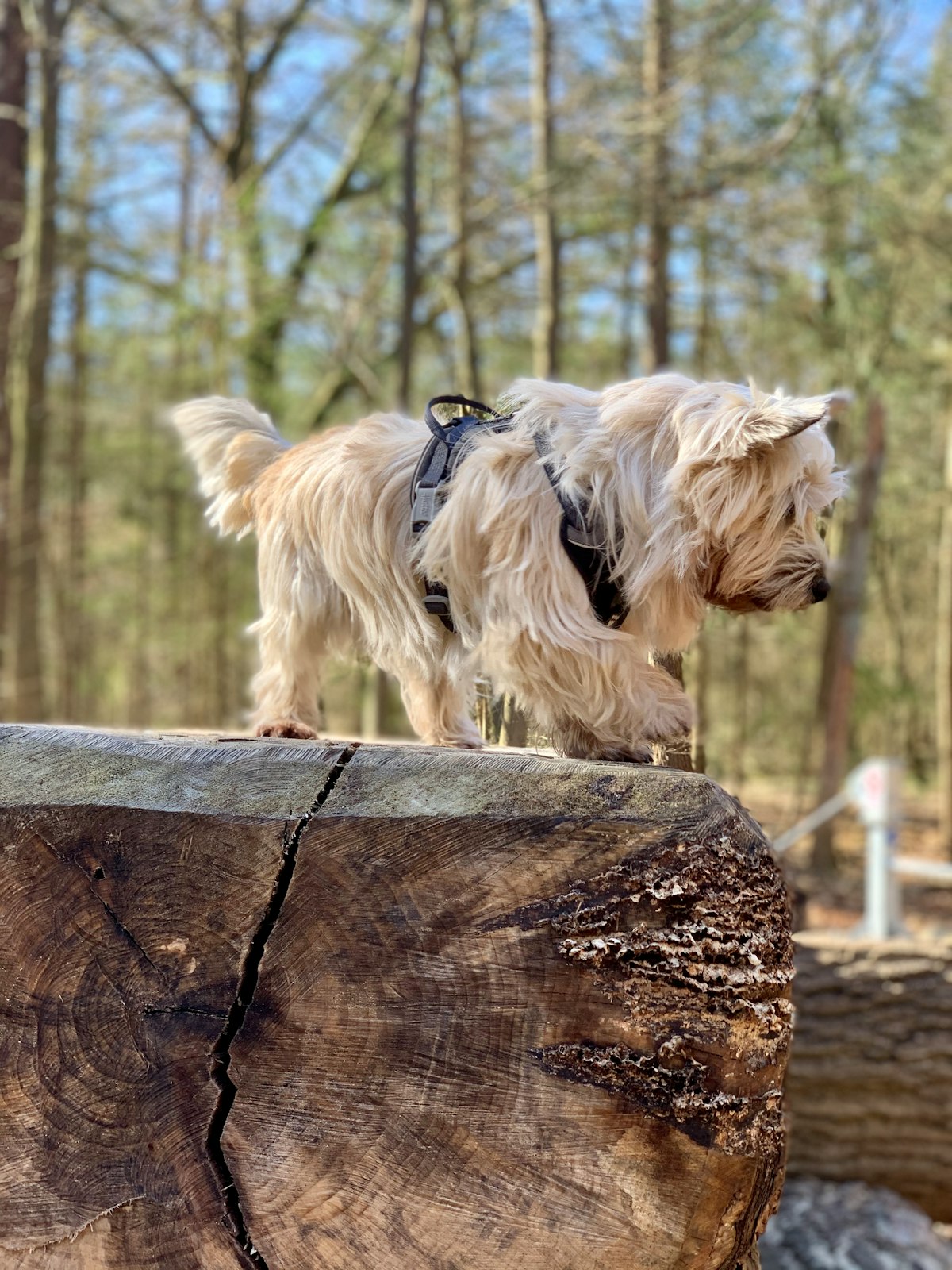
There is quite a bit to learn if your goal is to have a healthy and wonderful garden. Horticulture does require labor and effort, but at the same time, horticulture can also be fun. This article is full of tips which will help you enjoy horticulture more and more every day!
Do not spend your money on chemicals to fight mildew. Instead, combine baking soda with water and liquid soap. Once a week, spray this solution on your plants and your mildew should disappear in no time. Baking soda will effectively remove the mildew without damaging your plants.
When winter comes, you can save a few plants by transferring them inside the house. Think about saving your resistant plants or the expensive ones. Remember to be gentle when digging up your plants; carefully dig away from the roots and gently place the plant into a container.
Plants will respond with maximum growth if they have the amount of CO2 they require. A higher level of CO2 will help plants grow better. The best way to get a high level is to plant them in a greenhouse. It’s very important to keep the CO2 levels high so your plants have the best possible growing conditions.
You must protect tender, deciduous shrubs. If the temperature drops below 50 degrees, you should consider protecting them, especially if they do best in warm environments. Try to tie the tops all together and cover them with a sheet, large piece of cloth, or blanket. This method is superior to covering plants in plastic, because air can freely circulate, which prevents rotting.
Keep your garden fertilized. Manure is very effective in helping plants grow, although it is important to use a commercially composted product to minimize the risk of pathogens. There are many fertilizer options available, though in reality, whatever type you choose will do the job as long as you are using something.
It is best to aerate and dry your plants daily. Moisture on plants is sure to attract disease and parasites. Fungi is a common problem in the world of plants. Fungicide sprays can deal with fungal infestations, but they are most effective if you apply them before a fungus problem becomes noticeable.
Start your peas in a protected indoors environment rather than outside. When the plants are started inside, the seeds will have an easier time germinating. You will also have hardy seedlings that will be able to resist disease and pests much better. Transplant them outside when they are fully established and able to thrive.
Protect the soil around your vegetable plants with an inch or two of organic mulch. The mulch will add beneficial moisture to your soil. It also prevents weed growth. That helps you save a great deal of effort and time in weed eradication.
Keeping pests out of a vegetable garden can be difficult. It is important not to use harmful chemical agents, because you are growing produce that is intended to be eaten. Research the methods available for eliminating garden pests organically. If you discover the pests when they first infest your plants, the best way to remove them is to pick them off manually.
When landscaping and horticulture in autumn, choose plants and trees with vibrant colors. Fall, though, can still be an interesting time for trees. If you plan properly, you can make your fall garden the most colorful time of the year. There are a number of trees that provide exuberant displays of color, such as Dogwood, Beech and Maple. Some vibrant shrubs include hydrangea, barberry, and cotoneaster.
Avoid using broad-spectrum pesticides in your garden. Broad spectrum pesticides don’t only kill the offending pests, but the beneficial ones also. Bugs that provide a benefit to your garden are more easily killed by these broad-spectrum pesticides, you may simply end up with a bigger pest problem. As a result, gardeners often have to resort to using more toxic pesticides to get rid of garden pests.
Be careful how you water your garden. To save time, use a soaker type hose so each plant doesn’t need individual watering from the nozzle of a hose or a little watering can. Use low water pressure for your hose so that you do not cause harm to the tender members of your garden. Letting the soaker hose do the work frees you up to turn your attention elsewhere.
Sensibly water your garden. Take advantage of a soaker hose so that you don’t need to water every single plant individually, or have to keep filling up your watering can. Be sure to keep the pressure of the water on low so that the hose does not damage the tender plants. Set the soaker hose to water your all your plants over a couple hours, and then you will be free to get other things done.
Before you start any gardening, make sure that you do not have any open wounds on your hands. If you do, you need to wear protection from dirt and chemicals so that they do not get into your cut. A cut that has come into contact with extraneous materials like dirt can become seriously infected. Get the appropriate bandages to seal the cut completely.
Avoid damage from the sun by dressing correctly when you garden. Wear sunglasses, wide-brimmed hats, and sunblock. Wearing sun protection is important to help ward off the unnecessary pain of sunburn, and it will help lessen your skin cancer risk, too.

When growing organic plants indoors, it is important to consider the amount of light that is available to them. Almost every type of plant you grow requires ample sunlight, so think about how much natural light you home receives or if you perhaps need to supplement with UV lamps. If you simply must have a plant that has higher requirements for sunlight, you can use indoor UV lamps.
Learn to work efficiently. Don’t waste time searching for lost tools. Before you make a trip to your garden, you should gather all tools and items in advance. Afterwards, be sure to return them to their original storage place. You can use a tool belt, or you may want to wear pants with extra pockets.
Coffee Grounds
Use coffee grounds on your soil. Plants can use the nitrogenous nutrients found in coffee grounds. Nitrogen is generally a way to make your plants grow bigger, better and faster.
Coffee grounds are a great addition to soil. Coffee grounds are filled with nutritional elements plants need, such as nitrogen. The more nitrogen you have in the soil, the greater the growth of your plants will be, so adding grounds or compost will ensure your plants grow large very quickly.
To get the most from your composting efforts, aim for a 1:1 ratio of dried materials and green plant products. Green means plant cuttings including grass, produce and weeds. Dried plant matter, on the other hand, includes shredded paper, used wood chips and straw. Don’t include ashes, diseased plants, charcoal meat, or carnivorous animal waste.
Mulch your garden rather heavily. Remember, the mulch will compact and break down over time. This will add nutrients to your soil, keep it moist, stop the growth of weeds and keep the garden looking beautiful.
Do you want to get rid of weeds in a natural way? Layer sheets of newspaper on the surface of areas where you are trying to control weeds. Weeds need sun for growth, just like any other plant. The newspaper will block sunlight and weeds won’t be able to grow. You can use newspapers because of how nicely they break down, they can be added into compost. To improve the appearance of newspaper, simply spread a bit of mulch over it.
Try planting your organic garden in the shade. Shaded gardens require very little upkeep, making them ideal for many amateur gardeners. They save much time and work because they require less water. This means the garden will grow slower. However, weeds will be fewer as well.
If you are building a raised bed utilize stone, brick or wood that is untreated. For best results, you should only use wood that has not been treated with chemicals or protective coating. Good choices are cypress, cedar and locust. In a vegetable garden, never use treated wood, as the chemicals can leach out into the soil and food crops. You may have previously used treated lumber; if so, you should use a plastic liner to cover it.
Carefully decide which plants you want to grow before you plant your garden. Different varieties of a particular flower or vegetable require different types of environments. For instance, there are many different varieties of roses. However, only some will grow properly in you garden. Make sure that you find varieties that fit into your horticulture situation.
Depending on the season and weather, adjust your watering habits. The level of necessary watering turns on the type of water you use, the kind of soil in your garden and the amount of direct sunlight you have. For instance, if you live in a warm, humid climate watering the leaves can cause leaf fungus. Make sure that your root system is well-watered.
There are all kinds of plants that can grow in your organic garden. Treat plants that thrive in acid to some mulch. You can mulch these sorts of plants with a very thick layer of beautiful pine needles every fall. As the needles decompose, their acid will deposit into the soil and nourish the plants.
Change your garden beds every year. When you continuously plant some plants from the same family in the same area every year, disease and fungus is encouraged in these areas. These plant killing phenomena can lay dormant down in the dirt, waiting and willing to strike your next year’s plants. However, by alternating the locations of your different types of plants, you can naturally prevent the fungi and diseases from developing.
With these tips, you’re better equipped to grow the most beautiful garden you can imagine. In learning how to create your dream garden, you’ll also be growing as a person. That’s because learning how to nurture your plants will not only help you reach the goal of having a great garden, but it will help you learn to nurture yourself.
When you mulch your garden beds with organic material, make sure it’s about three inches deep. This can help you add nourishment to your soil, retain moisture and inhibit weed growth.
Most people want to know about DuPont Fiber bed pillow
wholesale mattress protector twin xl
zippered mattress encasement, but do not always know how to go about it on there own. This article contains all the information you need to gain a solid footing when it comes to DuPont Fiber bed pillow
wholesale mattress protector twin xl
DAHUA Network camera
Solar Battery Camera
zippered mattress encasement. Simply make the best use possible of this valuable information.














